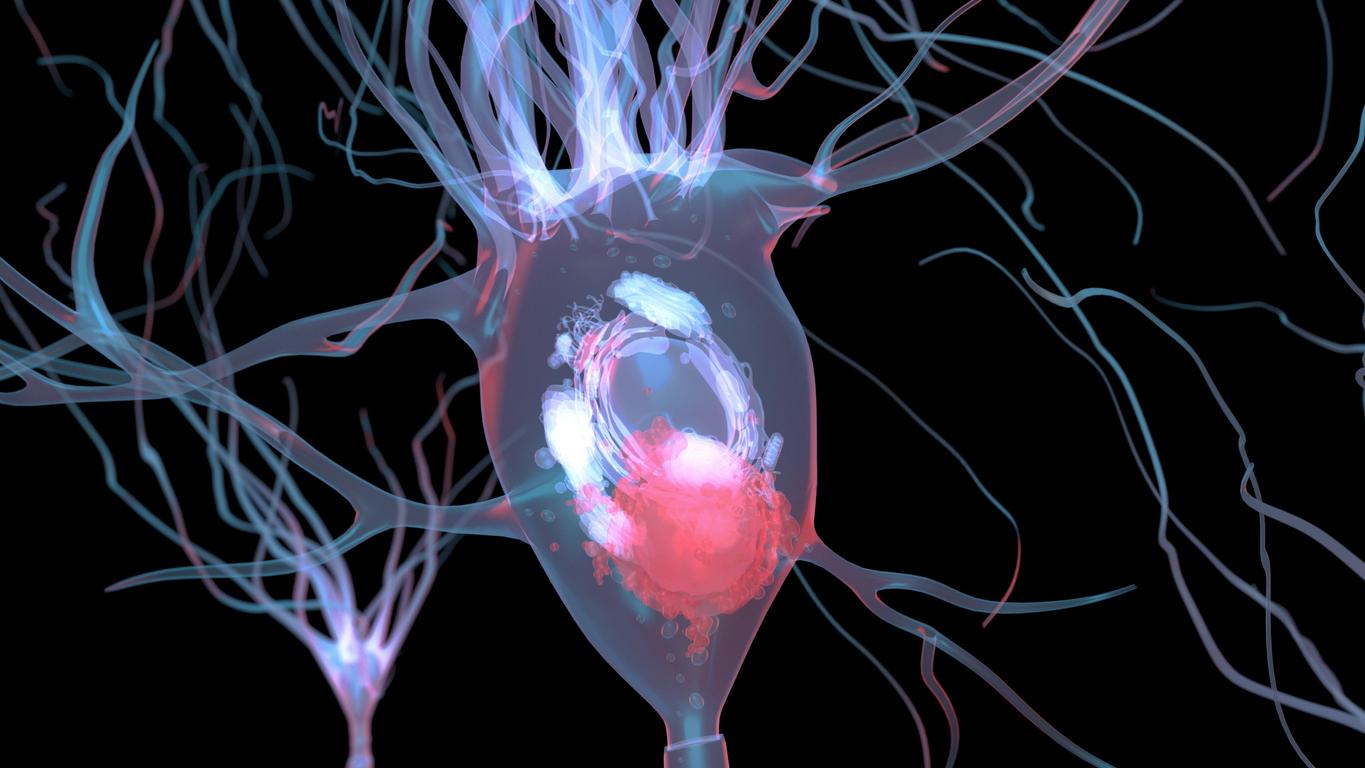A British study carried out on former Scottish football players shows that professional footballers have a three and a half times higher risk than the rest of the population of dying from a neurodegenerative disease such as Alzheimer’s and Parkinson’s.

Practicing football as a professional would expose you to the onset of certain neurodegenerative diseases more than the rest of the population.
This is the conclusion of a study presented Monday, October 21 in London and whose results have not finished making waves in the middle of the round ball. Conducted under the direction of neuropathologist Willie Stewart of the University of Glasgow at the request of the English Football Federation (FA), it shows that a professional footballer is particularly at risk of developing Alzheimer’s or Parkinson’s disease.
Five times higher risk of developing Alzheimer’s
To reach this conclusion, the researchers analyzed the medical records of 7,676 footballers who played in Scotland between 1900 and 1976, which they then compared with those of 23,000 patients exercising another profession.
It shows that professional footballers are “five times more likely to develop Alzheimer’s disease, four times more for motor neurone disease and twice as much for Parkinson’s.”
On the other hand, specifies the study, they have a lower risk of dying from certain common diseases, such as cardiovascular diseases, or certain cancers, such as lung cancer. The work directed by Professor Stewart also highlights a lower mortality of former footballers up to the age of 70, then an excess mortality compared to the rest of the general population.
Risk factors remain unknown
However, Dr. Stewart made a point of qualifying these results. “While efforts should be made to identify the factors that contribute to this increased risk of neurodegenerative disease, in order to reduce it, there are also potential wider benefits of playing football that need to be taken into account,” did he declare.
The FA also spoke in a press release, recalling that “the study does not determine whether it is the shocks suffered by professional footballers, the management of concussions, the game of heading, the style of play (…) or the players’ personal lifestyle or other factors” that favor the development of neurodegenerative diseases.
However, an independent sports medicine advisory group recommends that further steps be taken quickly to better treat head injuries and that the proposals made by UEFA on the introduction of temporary replacements in the event of concussions be implemented by the English Football Federation.

.

















